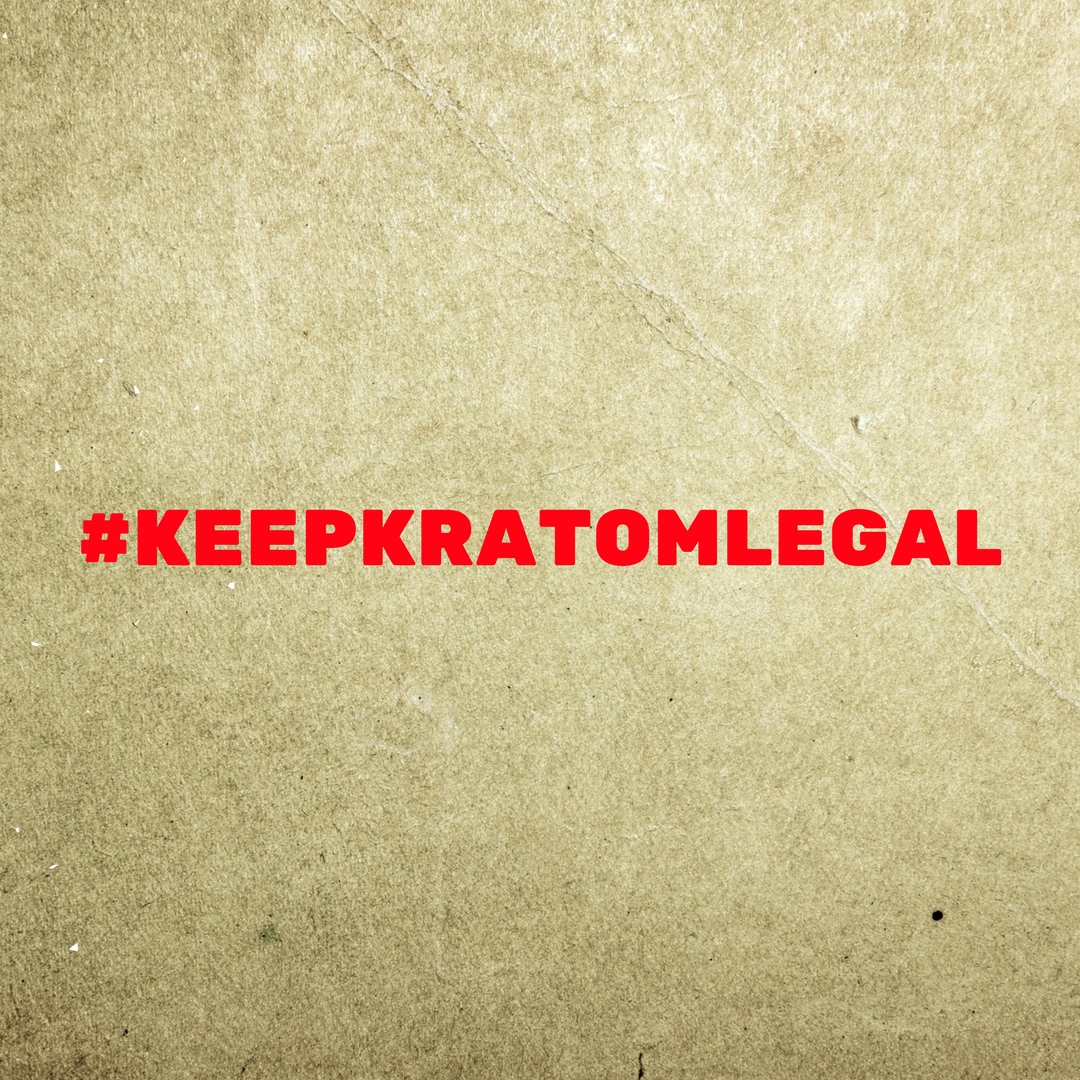On the 6th of February 2018, the FDA released a press announcement calling kratom an opioid. The reason they give is that kratom’s compounds bind to the same brain receptors as opioids do. Well, that’s no news, but does this mean that kratom is an opioid? Absolutely not.
As Scott Hemby, chair of the Department of Basic Pharmaceutical Sciences at High Point University in North Carolina, who has been researching kratom for a while, told the CNN:
“Just because it binds, it doesn’t mean it has the same efficacy”.
“Kratom doesn’t cause respiratory depression”.
“Kratom’s compounds sit on different parts of the receptor and fit differently than the chemicals in heroin and oxycodone. And that distinction means it doesn’t lead to overdose fatalities the way opioids do.”
Also, the FDA has used a computer model to conduct the study, but the results haven’t been validated in real people.

Kratom Related Deaths? Really?
To support its theory, the FDA linked kratom to 36 deaths back in November, to increase that number to 44 in their last statement. But, did kratom really cause these deaths?
Nick Wing, a Huffington Post reporter, tears FDA’s advisory apart in a recent article. According to Wing, most of the deaths involved many other substances, not only kratom. But that’s not all. There was also a teenager who struggled with depression and sadly ended up hanging himself. Another case involves a man who had fallen out of a window and refused treatment after breaking his arm. They also include a series of deaths that occurred in Sweeden back in 2010. Apparently, these were caused by a kratom based product that was adulterated with a dangerous synthetic opioid.
You can read the full article here.
Dave Herman, Board Chairman of the American Kratom Association (AKA) has also released a statement on the matter that you can access here.
Scientists Letter
The AKA has also published a rebuttal letter from nine reputable scientists wrote to White House Opioid Crisis Team Leader Kellyanne Conway and Acting DEA Administrator Robert W. Patterson warning that a kratom ban will put more Americans at risk for opioid addiction relapse. A few interesting excerpts of this letter:
“The available science is clear that kratom, although having effects on opioid receptors in the brain, is distinct from classical opioids (e.g. morphine, heroin, oxycodone, etc.) in its chemistry, biological effects, and origin (kratom is a tree in the coffee family, not the opium poppy family).”
“It is our collective judgment that placing kratom into Schedule I will potentially increase the number of deaths of Americans caused by opioids because many people who have found kratom to be their lifeline away from strong opioids will be vulnerable to resumption of that opioid use, whether their prior opioid use was for relief of pain or due to opioid addiction.”
“[…] it is our strongly held belief that the claims that kratom has caused the deaths of all or even most of the 36 individuals cited by the FDA in a November 14, 2017 Public Health Advisory on kratom cannot be supported by any reasonable scientific or medical standard.”
You can read the full letter here.
What Can You Do to Help Keep Kratom Legal?
Following FDA’s war against kratom, kratom advocates are starting to fight back to try to keep kratom legal. At the moment there is a petition on Change.org that you can sign here.
The American Kratom Association accepts donations here.
You can also sign a petition on The petition site here.
Also, don’t forget to explain how kratom is helping you in your social media using the hashtag: #keepkratomlegal. And stay informed on the matter to learn more ways on how you can help. We are sure that there will be more actions soon.



